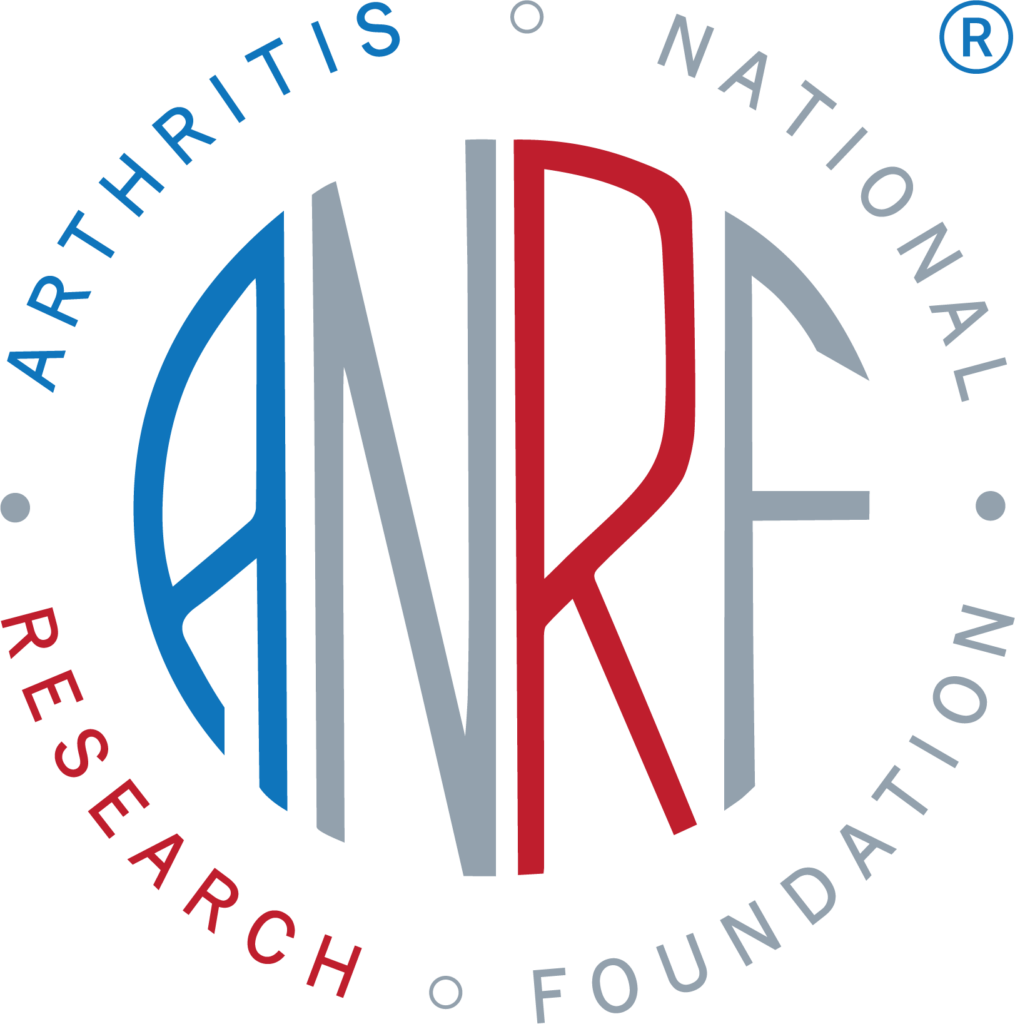A Clue to Bone Loss in Rheumatoid Arthritis

Rheumatoid arthritis (RA) is a chronic, debilitating disease that affects the joints in patients and may result in bone loss. Specialized cells called osteoclasts are responsible for the removal of bone in bone erosions, leading ultimately to impaired joint function. In addition, these erosive bone lesions are not typically “repaired” over time by bone forming cells called osteoblasts, thereby tipping the balance towards increased bone loss over time.
In RA, osteoblast-mediated bone formation may be compromised at local erosive sites. Several soluble factors are known to influence the maturation and function of osteoblasts. Understanding the mechanisms regulating osteoblast maturation and function in RA may allow for the identification of novel targets in the molecular pathway to augment bone formation at erosion sites, an important step toward preserving joint architecture in RA.
You may return to the list of research that we have funded.




